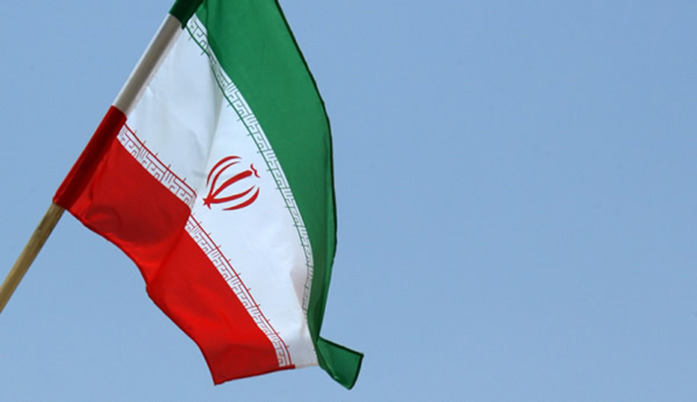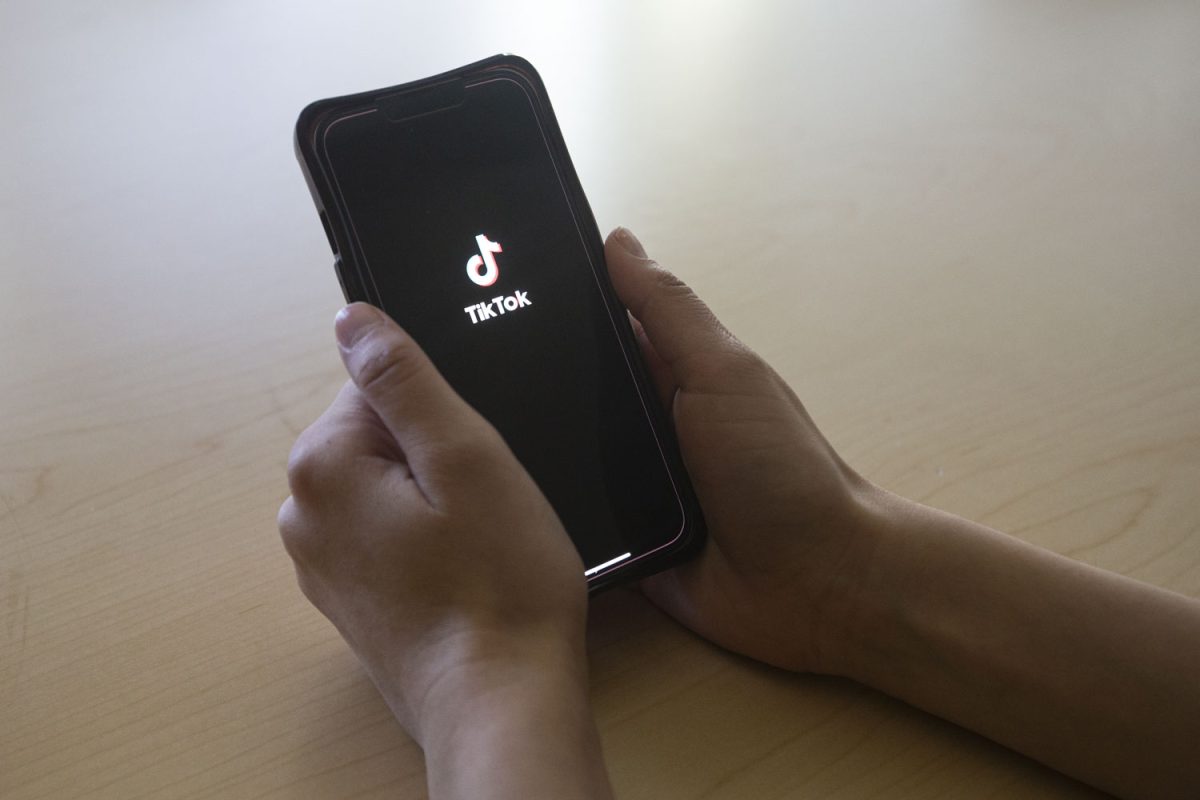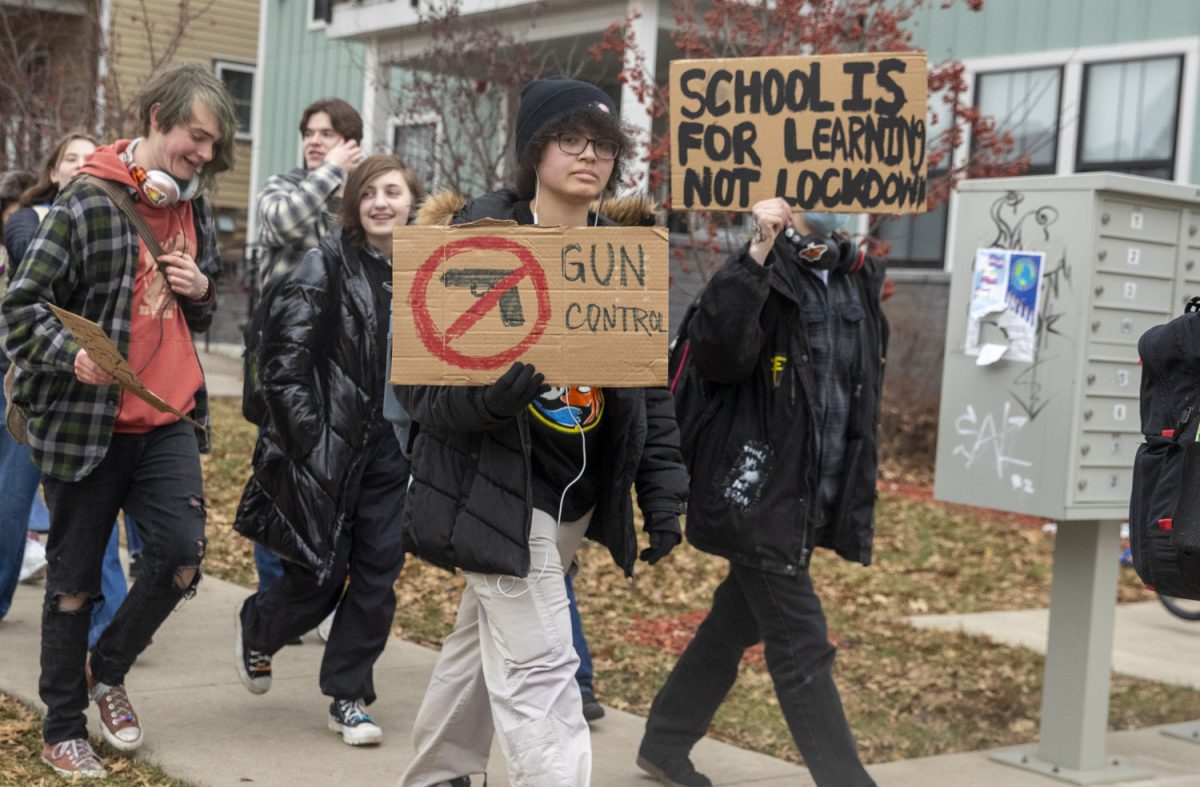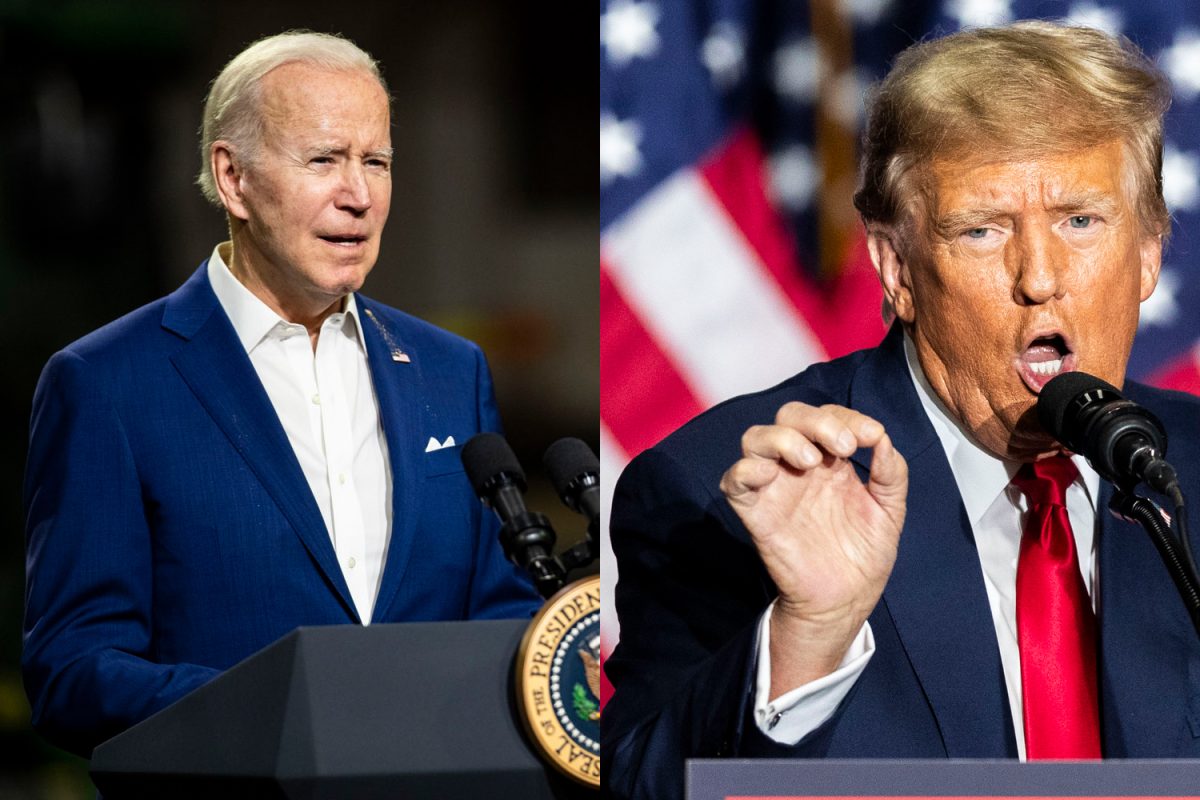Oct. 18 marked the adoption day of the Iran nuclear deal and the official beginning of what will more than likely prove to be an arduous process for Iran and the scaling down of its nuclear programs.
Ninety days ago, terms of the Iran nuclear deal were endorsed by the U.N. Security Council, and now we are witnessing the start of the agreement’s execution phase that will eventually result in the removal of the numerous sanctions imposed upon Iran in return for a globally collective sigh of relief upon confirmation that Iran is no longer capable of producing nuclear weapons. However, the already dubious agreement has begun with a rocky start, calling into question the U.S. ability to trust Iran and the commitment of both countries to ensuring that the nuclear deal reaches the hoped for termination day 10 years from now, when all remaining sanctions would be removed and Iran’s nuclear program is guaranteed to be entirely peaceful.
Sanctions will not begin to be removed until Iran completes the disassembling of its nuclear infrastructure. Doing so would entail “decommissioning nearly 15,000 centrifuges, converting its Arak heavy-water reactor so that it will produce less plutonium and reducing its stockpile of enriched uranium 98 percent,” which will prove to be no easy task. Not only must Iran reduce its nuclear program, but it must also do so while saving face and maintain some semblance of a powerful façade.
The benefits that would come from the removal of sanctions would be great for Iran, but if said benefits come at the cost of the Iranian government appearing weak to both its constituency and the outside world, it would offer a rationale for some of the nation’s questionable behavior leading up to adoption day. The Iranian government has a dual responsibility to both the global community and those who live in the country, and as a result actions taken that benefit the country’s global standing could be misinterpreted by citizens of the country. Taking that into account, it is not hard to imagine how an already precarious agreement can become exponentially more unstable when components of political motivations and pandering to the public are added into the equation.
Iran currently has a Washington Post reporter by the name of Jason Rezaian in custody on charges of espionage among others, and it has been confirmed that less than two weeks ago a medium-range ballistic weapon was tested in defiance of a ban placed imposed by the Security Council. Given how high the stakes are for the nuclear deal and the investments made across the board, it is important that petty motivations do not detract or hamper the arrangement moving forward.
Obviously, the situation will not resolve itself overnight, but reluctance and skepticism will prevent any type of meaningful progress from being made. As long as both sides are waiting for the other to double cross them, a sustainable foundation of trust can never be built. The nuclear deal with Iran is set on a timeline over a decade long, and we are only at the beginning of the process. More than anything, the objective now should not be rushing to solidify an unshakeable pact written in stone, but rather keeping Iran accountable for holding up its end of the bargain while remaining patient with a slow-budding trust that will undoubtedly take years to fully develop.










